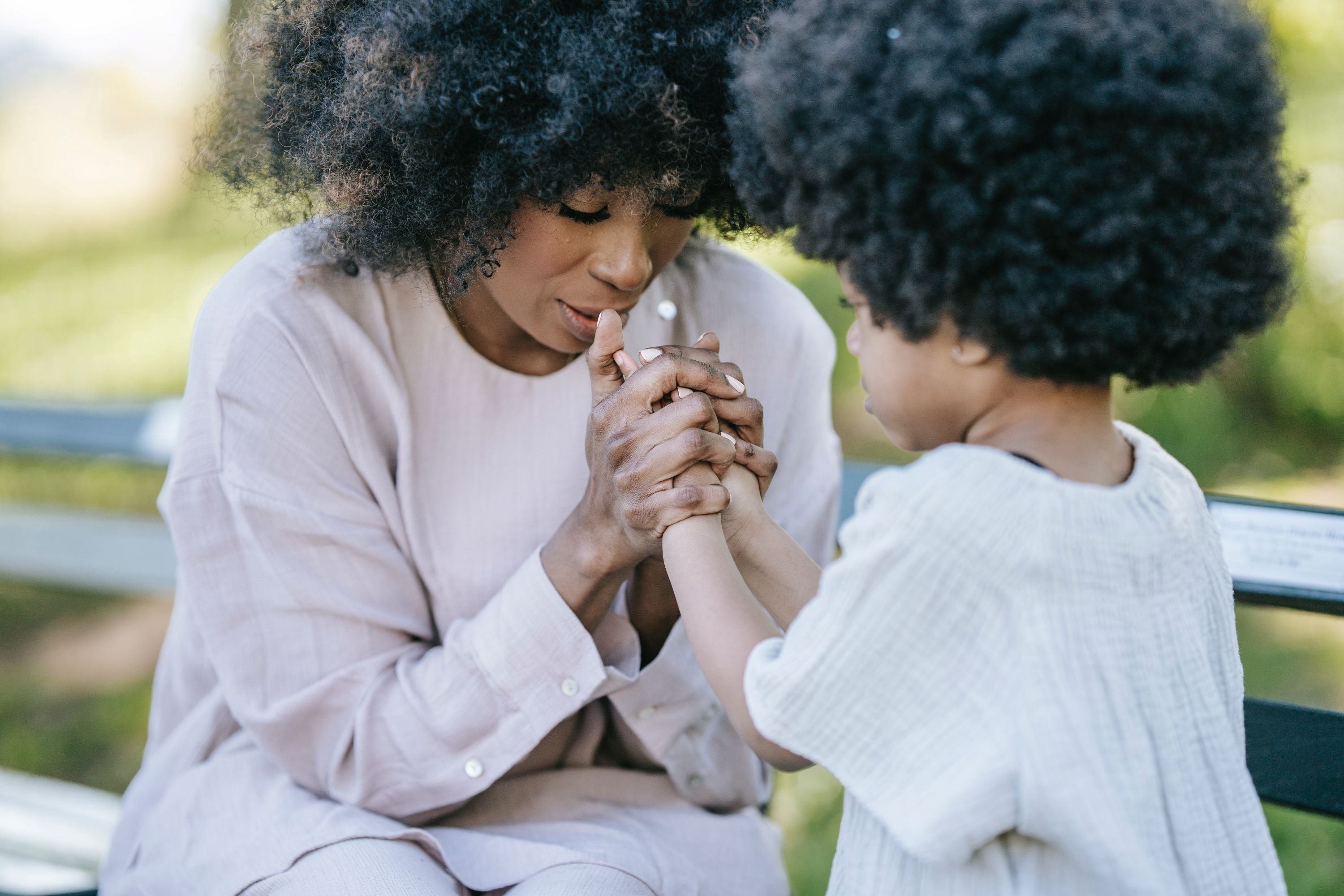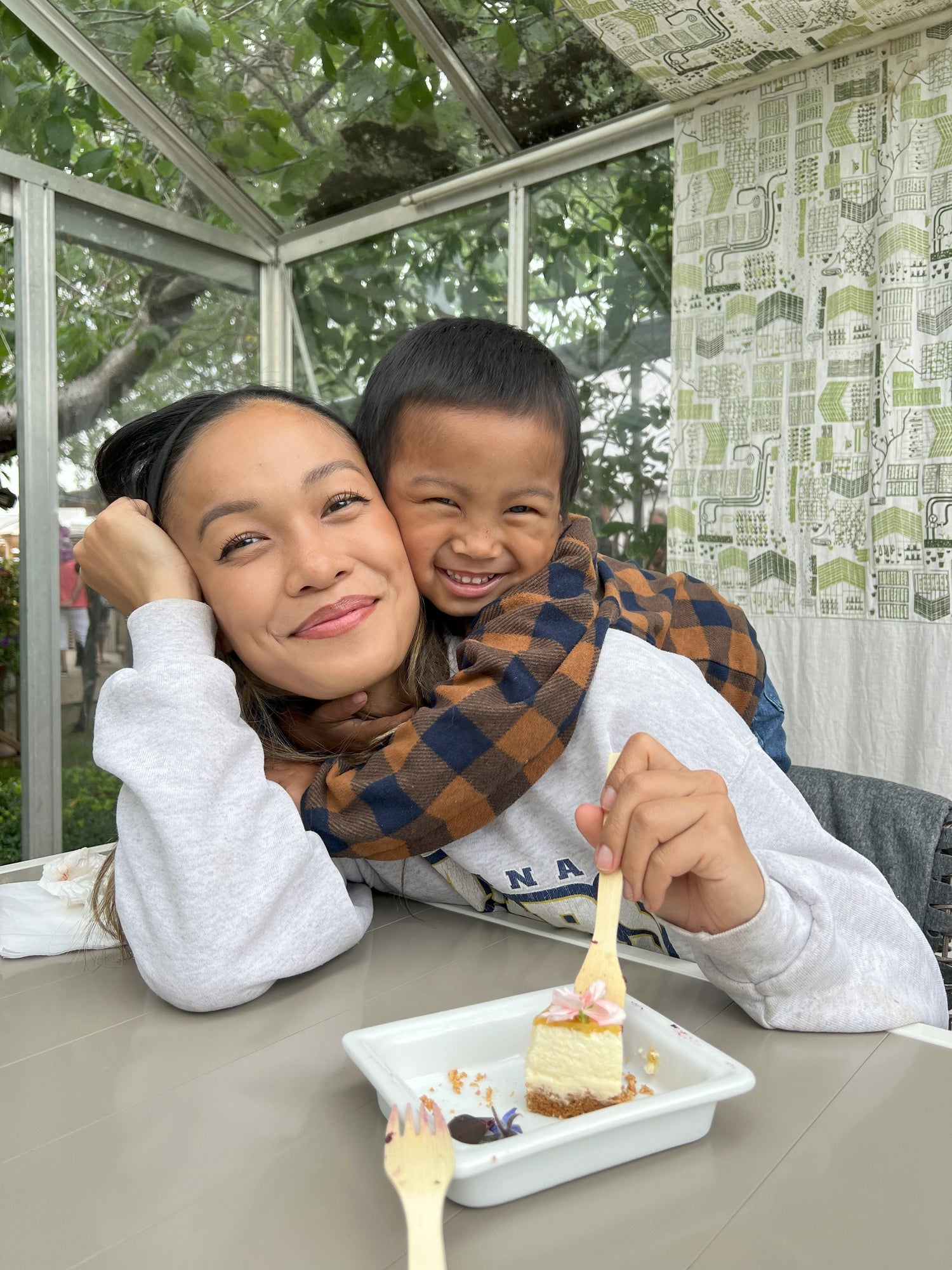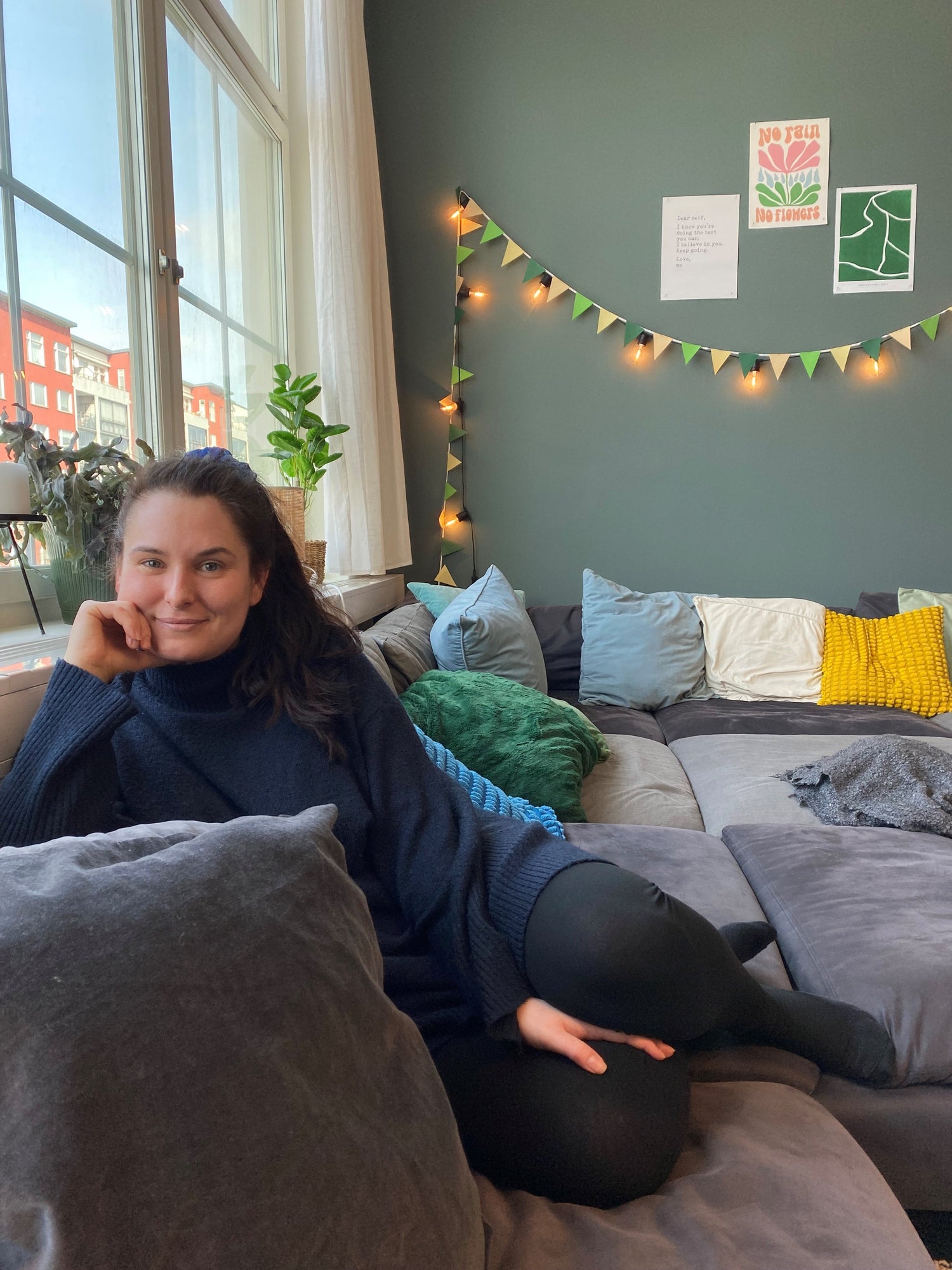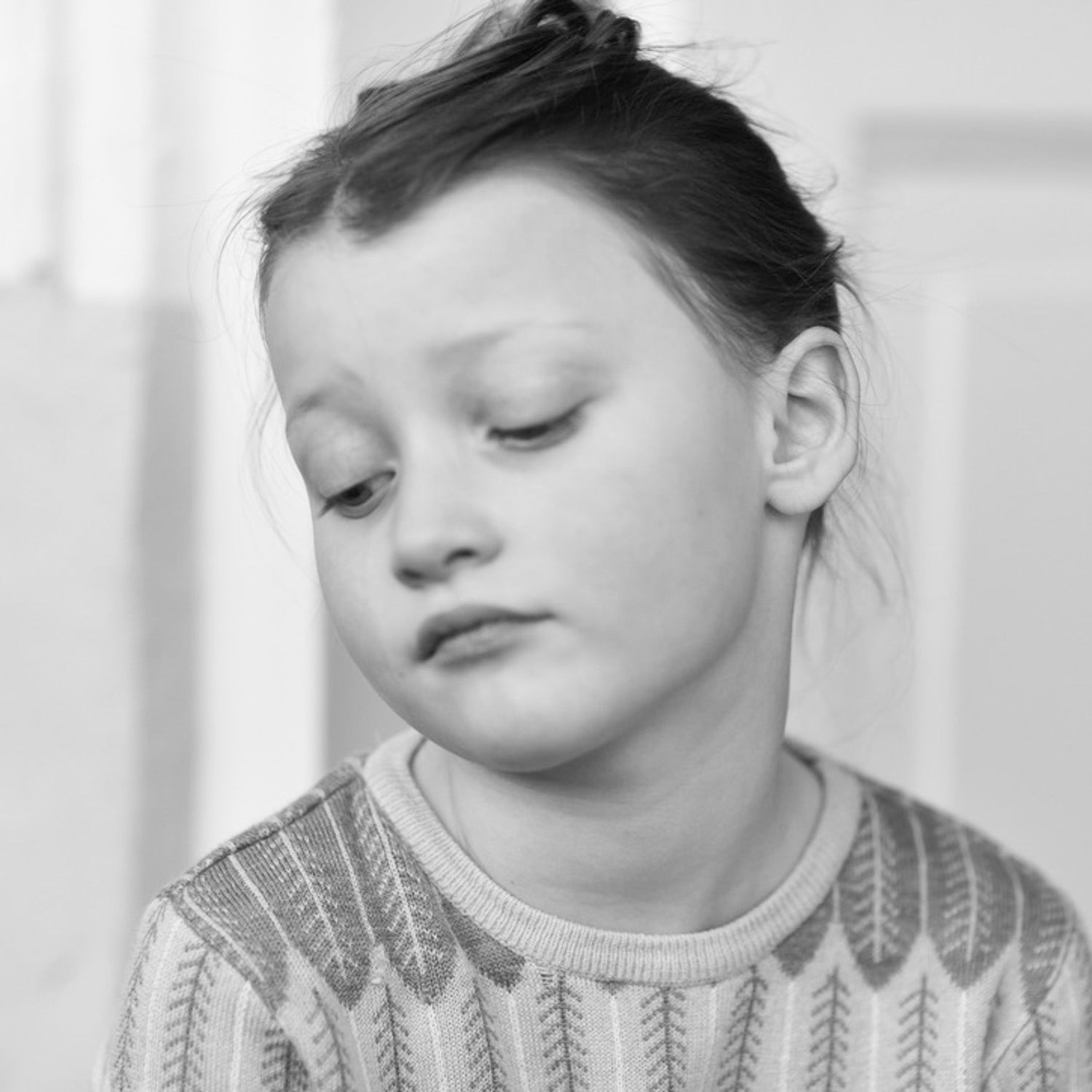On Tuesday, our psychologist Ida wrote about opportunities to listen. Which occasions provide the best opportunity for you and your child to both listen and tell? In her blog post there are several good tips on those occasions and how to create routines around everyday listening. Because sometimes it actually requires us to put things into a system in order for them to happen. That we actively set aside time to listen. If we do that, I think it will be easier for the child to come and tell us when there really is something going on. They know that we are there and listening, regardless.
I also think about the lost opportunities. All the times we realized in retrospect that "I should have listened there" and maybe were hard on ourselves for not doing it. Because the opportunity passed us by. Is there a way to recreate the occasion? To say afterwards "sorry, I wasn't paying attention, do you want to tell me again", or similar? In my head there are two answers to that question. Both yes and no. Some opportunities will never come again, but maybe they will appear in a different form? And sometimes it works: the child who wanted to tell is just as close at hand when you ask if he wants to tell again.
As always, I think it's about the big picture. Those lost opportunities hurt when, for a period of time, I was generally bad at listening. On the other hand, if I have a period with a lot of time to listen, when everyday life and routines around just listening and being present flow, the conscience does not become as black because of a missed opportunity.
The bottom line is that we often "beat ourselves down" because of something bigger than what we think it is. If life flows broadly, I have a greater understanding of my shortcomings, I suppose. I'm doing pretty okay otherwise.
I think that is precisely why Ida's list of examples of such occasions is important. We don't always think of everything, but it can be good to actively put things into a system. To make dinner a moment when we try to get together and actually see each other. Then if it works half the time, it's okay. In any case, to make those conscious choices and show the children that the will and the heart are there. Then the lost times don't matter so much. They will know we exist. (And through mistakes we show humanity!)
Something else that comes up around the topic of opportunities to listen is all the times that weren't obvious but when we had the opportunity to listen. All the times when we seized the opportunity and created a situation - no matter how impossible it was. Maybe you turned your car in at the side of the road because it simply couldn't be done any other way - and listened. Maybe together you gave up the fight to get off to school in a pile of jackets, bags and tears in the hall, because nothing but stopping everything and listening for a while meant something. We remember those moments and those moments probably stay both in the children's hearts and in their memories - me, what I wear, my feelings...mean something. With the ambition (which sometimes works and sometimes doesn't) to listen in everyday life and to create situations where we put other things aside to listen and with all the times when we stopped time for a moment in the middle of the impossible, I believe and hope that we do good. That they are good foundations for all the good things that come with feeling listened to.
I heard somewhere the phrase "Listen to your children so they can hear themselves" and think that sums up the importance of listening so nicely. We cannot capture every occasion, but we can create context around listening. We can dare to make sacrifices in order to listen, despite all the imperatives calling.
I came across some thoughtful words about listening in forskoletidningen.se: "Being able to listen is a good quality, to actually hear what someone is saying, take it in and understand the message. We hear all the time, the ear takes in sounds even if we don't notice them, but we don't listen. To listen, we must willfully focus on the sounds, hold back thoughts and talk, and listen actively. Our brain needs to be trained to pay attention to who is speaking and what is being said. Another part of listening is showing the person speaking that we are actually listening and are interested in what they are saying. For example by nodding affirmatively to show that we agree.”
Listening is an active choice that we should perhaps practice. For many, hearing will probably come, i.e. more the recording of sound automatically.
What opportunities to listen (a little extra) do you have in everyday life? Is it something you consciously do and create space for? Have you ever changed the way you listen? So have you gone from, for example, not being a particularly present listener to becoming more active listeners? If so – what made you change? Do you have an example of a situation that has made you think? To go back and think about what happened?
Malin Ring writes further in the same article: "We often tell children that they should listen to what we and our friends say. We expect them to do so actively. But do children know what it means to listen? Have they understood that there is a difference between hearing and listening? I think we can have some pretty exciting conversations about this. We adults also need to be good role models. How good are we ourselves at listening to what the children tell us? In a stressful existence, we have to think about whether we really do it.”





